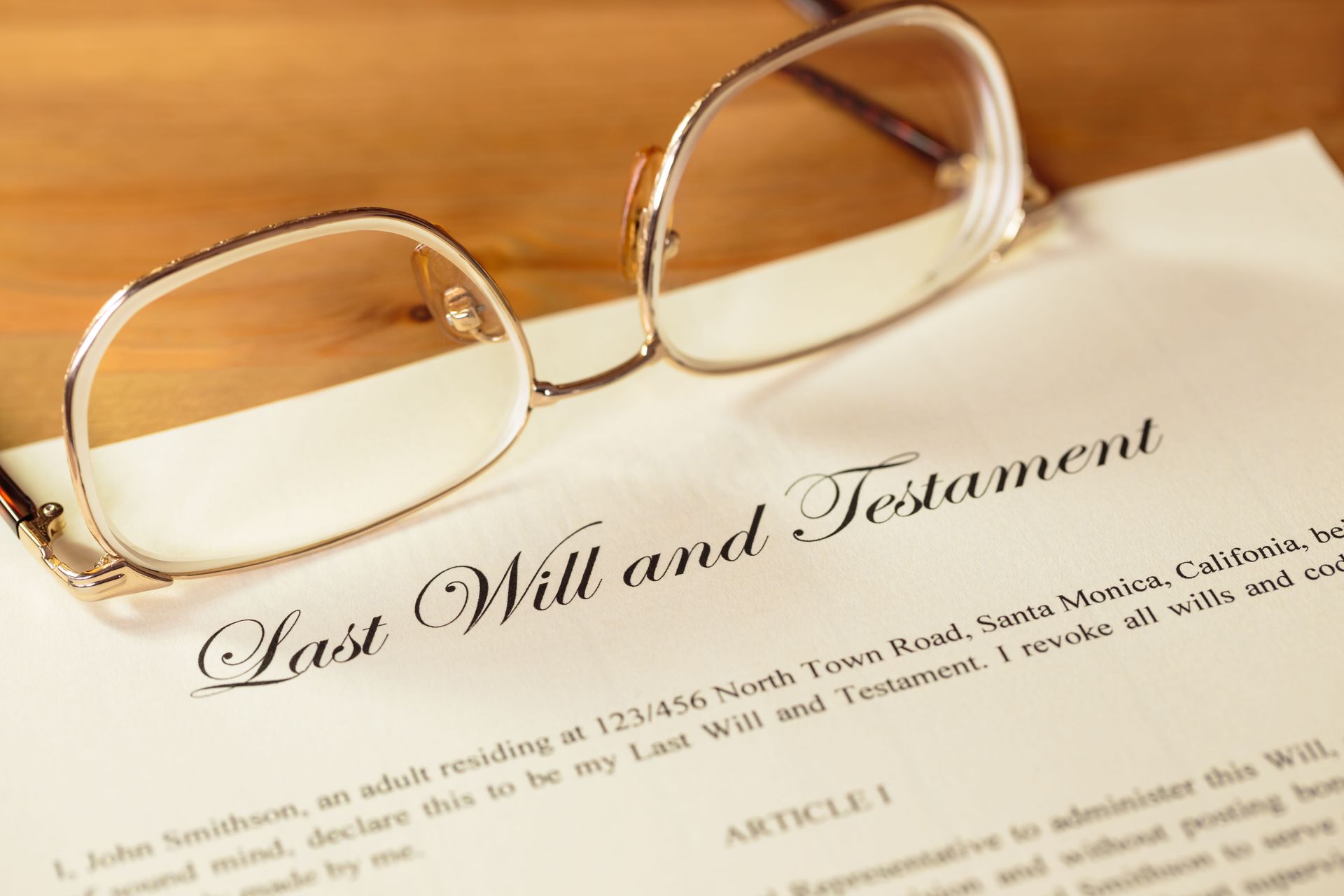Small-business owners who reopen their doors following coronavirus-related shutdowns face many uncertainties.
Will their customers come back? Will their employees come back? Can they even stay in business?
But the most pressing uncertainty is probably safety. How can owners and operators of small businesses keep everyone safe?
We've learned that one of the best ways to keep people safe from the coronavirus is to keep them separated by at least six feet, for instance. While it may not be hard for people to maintain those separations when they are out in public, will it be harder to do that over the course of eight or more hours within the confines of a workplace?
Make Thorough Plans Now
A good first step in mapping out a return to work in the age of COVID-19 is to develop a comprehensive safety plan that can be articulated to every employee. Most employers are (or should be) aware of federal workplace safety regulations of the Occupational Safety and Health Act (OSHA). But in recent weeks and months, states and localities have issued new regulations geared specifically to the coronavirus, and small-business owners and managers should know what they are.
With those laws and guidelines in mind, owners and manager should consider plans that address a number of issues, including the following:
- How will employees' health be monitored?
- How is social distancing between employees to be maintained? Will physical barriers be required?
- What procedures can you implement to reduce the spread of coronavirus through cleaning and sanitizing?
- What kind of messaging will you use to inform employees of washing hands, proper face mask use, etc.?
- What sanctions or penalties will you have for employees who don't follow the rules?
- What will you do if somebody gets sick?
Advice From OSHA
Other good suggestions come from the U.S. Labor Department, which has issued an industry-by-industry series of recommendations for small businesses that can be a useful guide when planning to reopen doors.
Here a few of them:
- Increase ventilation and install high-efficiency air filters.
- If possible, stagger shifts or alternate work days to reduce the number of workers in the facility at one time.
- Replace doorknobs with hooks that can be opened by using forearms.
- Discourage workers from using others' tools and equipment.
- Train workers in how to put on, wear, and remove protective clothing and equipment.
Being an entrepreneur and operating a small business is always a challenge, but perhaps now more ever. It's important to pay close attention to the steps that are needed to make this transition as safe as possible for everyone.
Related Resources:
- My Workplace Is Unsafe Because of COVID-19. What Are My Rights? (FindLaw's Learn About the Law)
- Can a Small Business Owner File for Unemployment? (FindLaw's Free Enterprise)
- Does Your Employer Have to Protect You From COVID-19? (FindLaw's Law and Daily Life)
The post Safety Measures Small Businesses Should Keep in Mind When Reopening appeared first on .









